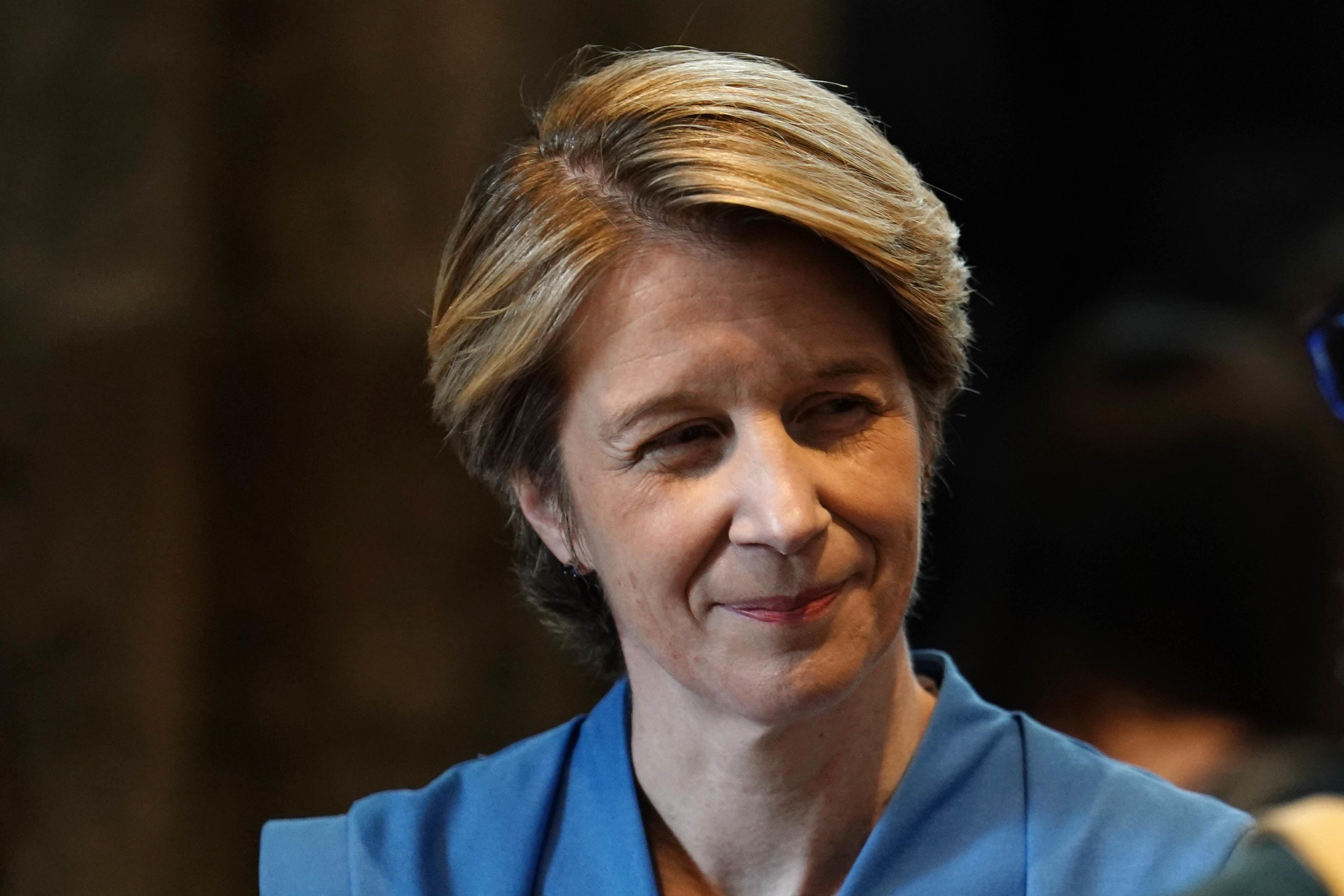‘Health MOTs’ to be given to frail patients at A&E entrances
The measure forms part of an update to the Urgent and Emergency Care Recovery Plan.

Your support helps us to tell the story
From reproductive rights to climate change to Big Tech, The Independent is on the ground when the story is developing. Whether it's investigating the financials of Elon Musk's pro-Trump PAC or producing our latest documentary, 'The A Word', which shines a light on the American women fighting for reproductive rights, we know how important it is to parse out the facts from the messaging.
At such a critical moment in US history, we need reporters on the ground. Your donation allows us to keep sending journalists to speak to both sides of the story.
The Independent is trusted by Americans across the entire political spectrum. And unlike many other quality news outlets, we choose not to lock Americans out of our reporting and analysis with paywalls. We believe quality journalism should be available to everyone, paid for by those who can afford it.
Your support makes all the difference.Older and frail patients will be given “health MOTs” at the entrance of emergency departments to avoid unnecessary hospital admissions.
The approach could be a “lifeline” for many patients, according to NHS England chief executive Amanda Pritchard, and would allow them to be assessed and supported more quickly.
But experts from the Society of Acute Medicine said the measure will “not reduce dangerous overcrowding” in A&Es if other issues are not also addressed.
While some people do need to be admitted, it isn’t always the most suitable place for older patients’ needs, and they can also rapidly lose mobility while in hospital
The approach was outlined as part of an update to the Urgent and Emergency Care Recovery Plan in May.
It will focus on patients over the age of 65 or those with frailty-related conditions.
Ms Pritchard said: “With rising demand for care, it is vital that we continue to adapt our services to meet the growing and changing needs of patients – which is why, as part of our urgent and emergency care recovery plan, we have asked NHS hospitals to introduce practical measures to ensure older people get the care and support they need.”
NHS England estimates that about one million people over the age of 75 are admitted to hospital each year, a fifth of whom are very frail.
The tests, which will run for 10 hours a day, seven days a week, will check blood pressure, heart health, and mobility, as well as checking for malnutrition.
NHS staff will also look at a patient’s respiratory and fall records.
Based on the results, patients will be signposted to specialist care, such as fall services and dementia support.
Urgent and emergency care services remain under huge pressure and this will not reduce dangerous overcrowding without addressing other issues simultaneously
Ms Pritchard added: “While some people do need to be admitted, it isn’t always the most suitable place for older patients’ needs, and they can also rapidly lose mobility while in hospital.
“Health MOTs at the front door of A&Es for older people could be a lifeline for many – from blood pressure tests to a review of their falls history, these checks mean patients can be assessed quickly and directed to the right support for their needs.”
Dr Tim Cooksley, immediate past president of the Society for Acute Medicine, said: “It is often too late once a patient is already in an emergency department and this will not stop older patients languishing in corridors unless the crisis in social care is resolved.
“There remain over 10,000 patients every day in hospitals who could be managed at home, and lack of social care is preventing them from being able to be so.
“Urgent and emergency care services remain under huge pressure and this will not reduce dangerous overcrowding without addressing other issues simultaneously.”
Sir Julian Hartley, chief executive at NHS Providers, said: “Half of hospital inpatients aged over 65 are affected by frailty and the growing number of people with frailty will have a significant impact on future health and care services.
Community health services are spearheading innovative care for people with frailty, supporting them to stay well in their own homes, with some trusts already providing front-door frailty services within hospitals
“Community health services are spearheading innovative care for people with frailty, supporting them to stay well in their own homes, with some trusts already providing front-door frailty services within hospitals.
“But too many frail people who need well-planned, joined-up care still aren’t getting the support they need.
“National policy-makers must support trusts and local health system partners with more investment and resources in the community to make sure that patients can have the right care at the right time in the right place.”
Other updates to the Urgent and Emergency Care Recovery Plan include cash incentives for hospitals that do not leave patients waiting in A&E for 12 hours or more.
The NHS will also expand its use of virtual wards in a bid to free up space in emergency departments.